UMAT du Sahel is a demonstration project, conducted from 2018 to 2021, at the crossroads of two lines of development: to create a structured and sustainable eco-construction sector for social housing in Senegal and to train young people in the valorisation and local production of sustainable construction materials. Green and social innovation, the overall objective of the UMAT du Sahel project was to provide a training centre for eco-construction to the Ministry of Professional Training, Apprenticeship and Handicrafts of Senegal (MFPAA).
Based on the realization of a housing prototype that meets the needs of the Senegalese habitat and social backers of the Dakar region, and more widely adapted to the Sahel region, UMAT is the result of a partnership between Locarbom, Afpa and AOA. Today located in Diamniadio (Senegal) in the heart of the “City of Knowledge” of Greater Dakar, and financed by France through the “Fund for Private-sector Aid and Studies (FASEP) green innovation” fund, UMAT is both a technology demonstration platform and a training centre for eco-construction skills development that can be replicated throughout the territory. It consists of a Mobile Unit dedicated to either theoretical or practical training including:
containers turned into processing units for minerals, metals, bio-based materials, and renewable energy. They are modified according to the requirements of each workstation (administration, logistics, learning area, earth-based products, metal treatment workshops) and assembled around an autonomous unit of 330 m² covered with photovoltaic panels.
A 1030 m² open-air learning area including two platforms (slabs) for on-the-job training and dedicated to the elaboration of materials and to their experimentation.
A complete vocational set of tools for about 20 trainers to provide the training sessions and the construction tasks.
A project-pilot house construction that allows the demonstration of eco-construction techniques: mud-brick walls, plant-based concrete partitions, earth-based coatings, high wooden floor and Typha slab insulation.
UMAT was designed with the aim of diversifying training and apprenticeship offer, exploring new perspectives outside the classical education and training system. The objective was to create the pedagogical and technical conditions for the emergence of a new structured and perennial sector of bio-climatic social housing construction.
To achieve such an objective, Afpa provided expertise in training engineering and in VET construction sector.
The experiential pedagogy and the main sequences implemented by Afpa are based on a training of trainers’ system in eco-construction structured around work-based training.
Thus, 10 trainers from the Diamniadio Vocational training for the construction industry Sectorial Centre (CSFP- BTP) under the supervision of the MFPAA and the Building Federation, were trained in installation, mobility and autonomous use of the UMAT tool, in safety standards and in a new pedagogical approach. They provided work-based training to 20 trainees in various eco-construction techniques throughout the house construction.
To overcome implementation difficulties linked to the health crisis, Afpa developed a distance training program. Supported by Locarbom’s technical specifications, it was based on intervention scenarios integrating virtual classes on all the construction stages. The virtual classes were delivered remotely via the Afpa’s educational platform, “Métis”, and via indirect observation methods of work site situation through photos, videos and questions raised by the trainers following their interventions. Provided on the building site by a foreman who also attended the virtual classes, the training program allowed the house construction made with bio-sourced materials respecting social and environmental constraints of housing in Senegal, highlighting an eco-citizen and low carbon dimension.
Today, there is a great enthusiasm on the implementation of UMAT both among Senegalese institutions and local actors involved in the project. A deployment of the initiative across the 14 regions of Senegal is already considered. So that, the UMAT du Sahel will contribute to part of the realisation of this ambitious construction plan of more than 100,000 social housing units, programmed over 10 years by the Senegalese government, while promoting professional integration in Senegal.
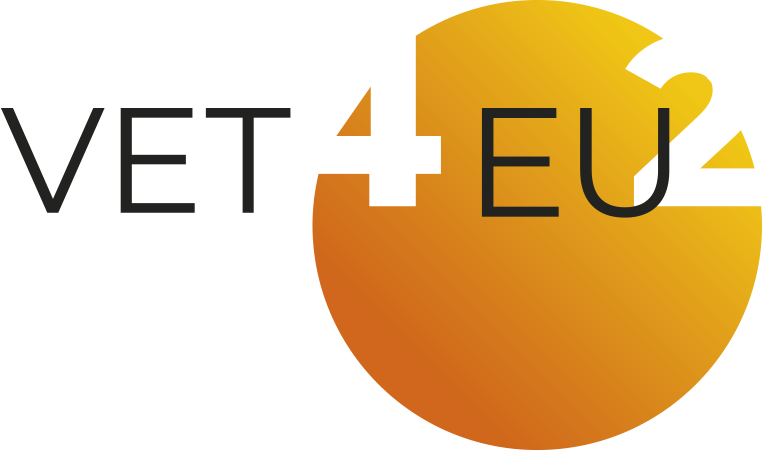
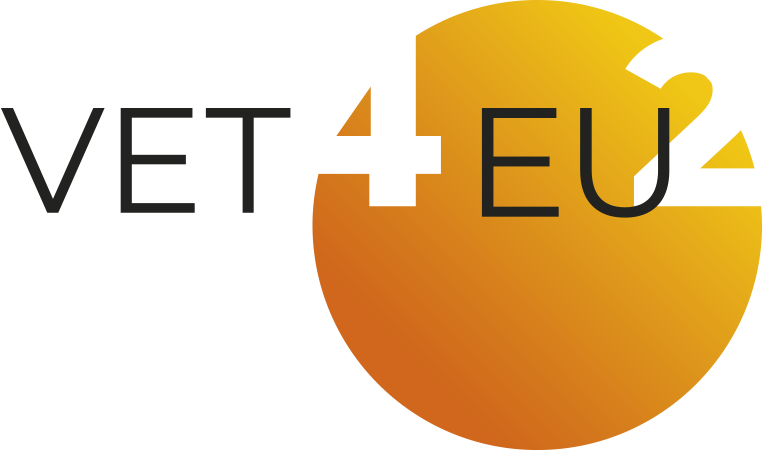

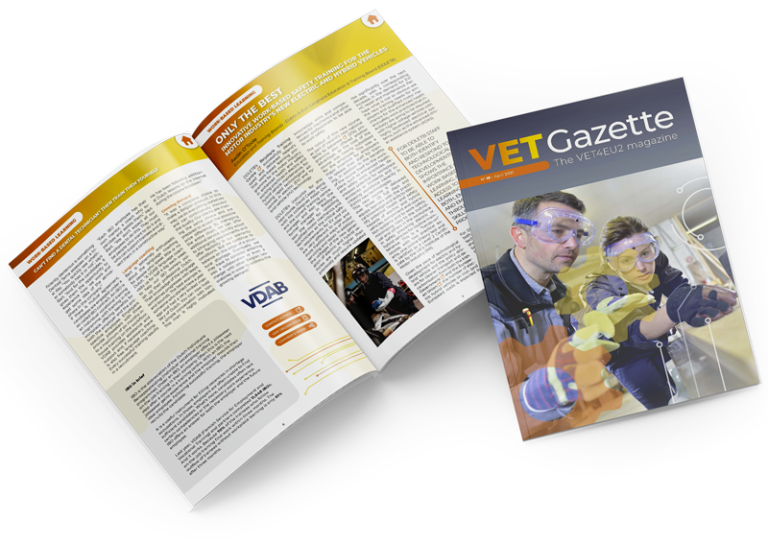

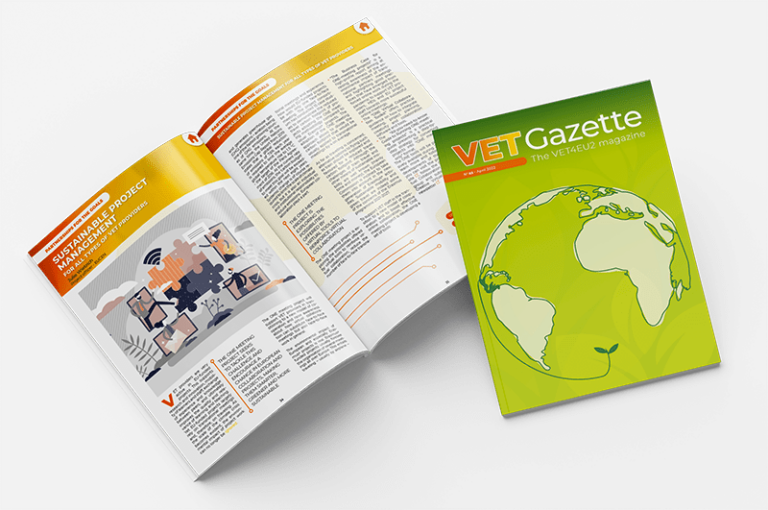
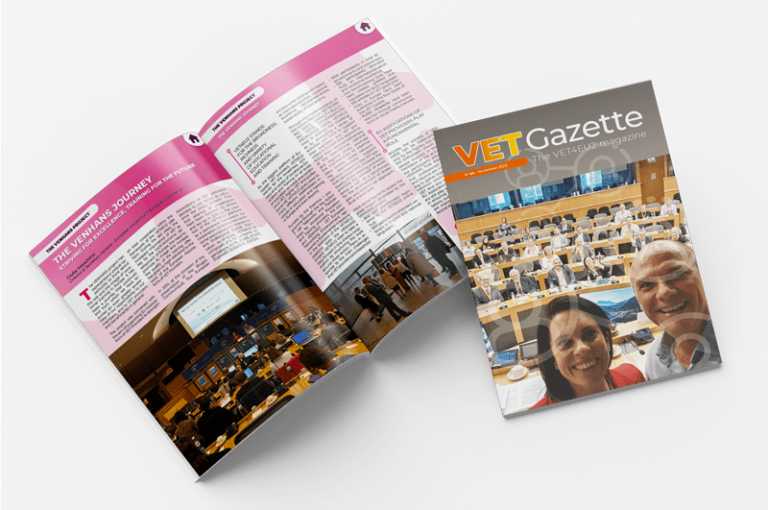

Responses